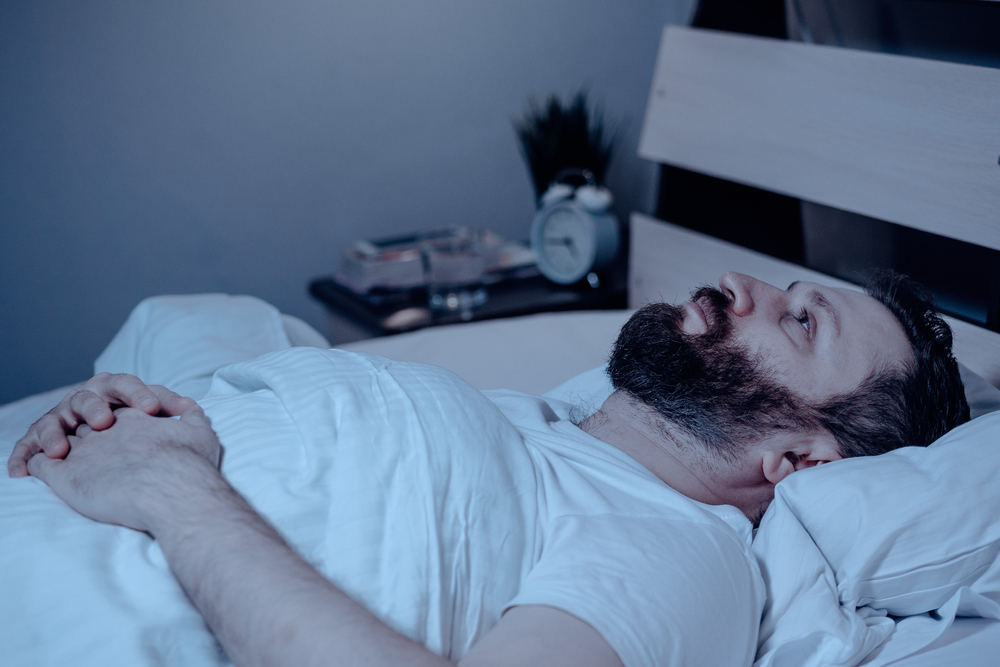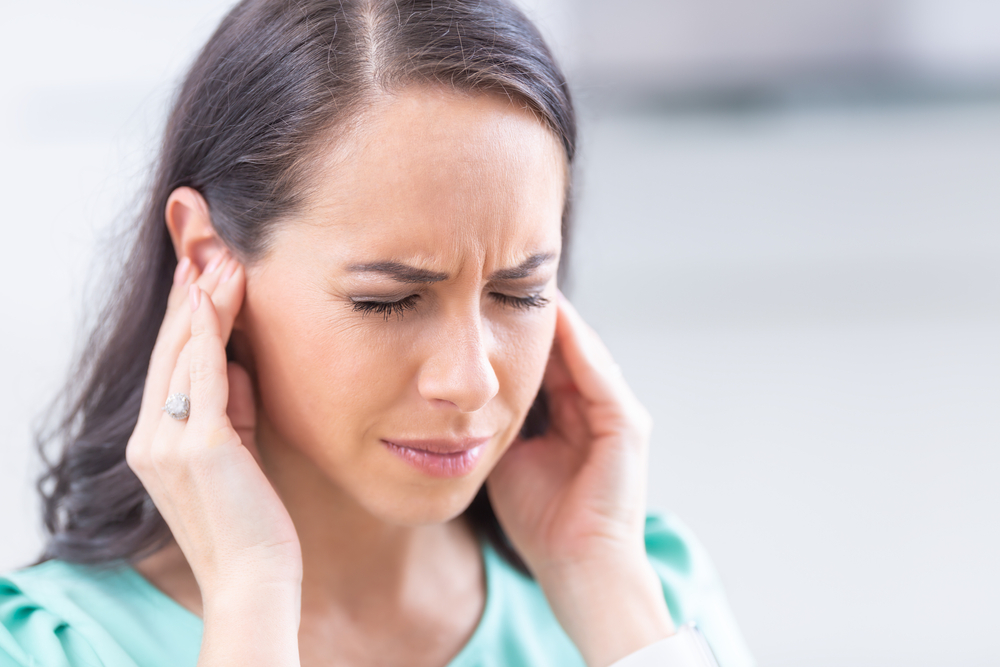
Tinnitus and sleep – what you need to know
Tinnitus can prevent sleep and in turn worsen with exhaustion, but there are ways to break the cycle. Here’s how to manage your Tinnitus and get a good night’s sleep.
Tinnitus is a condition in which you hear sounds in your ears; such as ringing, clicking, whooshing, white noise, pulsing, or whistling in the absence of any external source of sound. This sound, when heard continuously as you lie in bed at night trying to sleep, can make you feel anxious or frustrated and result in insomnia and an inability to fall asleep or stay asleep. Unfortunately, this can result in a vicious cycle in which you can’t sleep because of Tinnitus and this lack of sleep can cause your Tinnitus to worsen.


Can sleep deprivation cause Tinnitus?
While it isn’t fully understood, emotional stress and Tinnitus are closely linked. People’s brains can respond in two very different ways to Tinnitus; either their brain perceives the ringing to be benign, or your brain reacts with a flight or flight response to the sound, making you feel anxious, jittery, and unable to sleep. If you can’t sleep because of Tinnitus this could be because your body is in a heightened state of stress because of the ringing in your ears. It has been observed that lack of sleep can make Tinnitus worse.
5 strategies for getting a good night’s sleep with Tinnitus
If you can’t sleep because of Tinnitus there are strategies you can employ to assist you in managing the condition.

- Invest in a white noise machine or sound app. This can help you to mask the sound of your Tinnitus and also soothe you to sleep. If you can’t sleep because of Tinnitus, playing any sound you find soothing; from the sound of running water to white noise or even a fan running through the night, at a slightly lower level of sound than your Tinnitus, can help take your focus off the Tinnitus. Sound machines or white noise playing all night too, can keep out ambient noises that might wake you up, giving your Tinnitus another chance to cause you anxiety.
- Limit all stimulants. Not only do stimulants like nicotine and alcohol keep you awake, but they are also known to exacerbate Tinnitus. If you can’t sleep because of Tinnitus or you have recently begun experiencing Tinnitus, it is important to keep these things to a minimum, or even cut them out altogether, to give yourself the best chance at a solid night’s rest.
- Have a sleep routine. While this won’t get rid of your Tinnitus, it can help improve your ability to fall asleep easily. Whether you already can’t sleep because of Tinnitus or you have Tinnitus and don’t want it to begin to affect your sleep, adhering to a regular sleep schedule of sleeping and waking at the same time every day can get your body into a rhythm that ensures better quality sleep. Try avoiding screens at least an hour before your designated bedtime, ensure your bedroom is at a comfortable temperature (cooler rather than warmer) and you have low light or no light where you sleep, to ensure the best environment to fall asleep.
- Exercise regularly. Regular physical exercise not only tires you out but it has been shown to reduce the amount of time it takes you to fall asleep. This is helpful if the ringing in your ears over a longer period of wakeful time is what is keeping you up at night. Avoid exercising too close to your bedtime so the endorphins can wear off and allow your brain to wind down.
- Learn some relaxation methods. Learning relaxation methods like meditation and breathing exercises can help if you can’t sleep because of Tinnitus. Good relaxation techniques combat Tinnitus in two ways; they help physically relax your body, as well as helping you deal with, or ignore, the sound of Tinnitus.
Need Help Managing Tinnitus and Sleep?
Struggling to sleep because of tinnitus? Bay Audio clinicians are here to support you with expert advice and solutions. Book an appointment today at one of our locations in Melbourne, Sydney, Brisbane, or Canberra. You can also take our online hearing check as a first step toward better sleep and tinnitus management.
